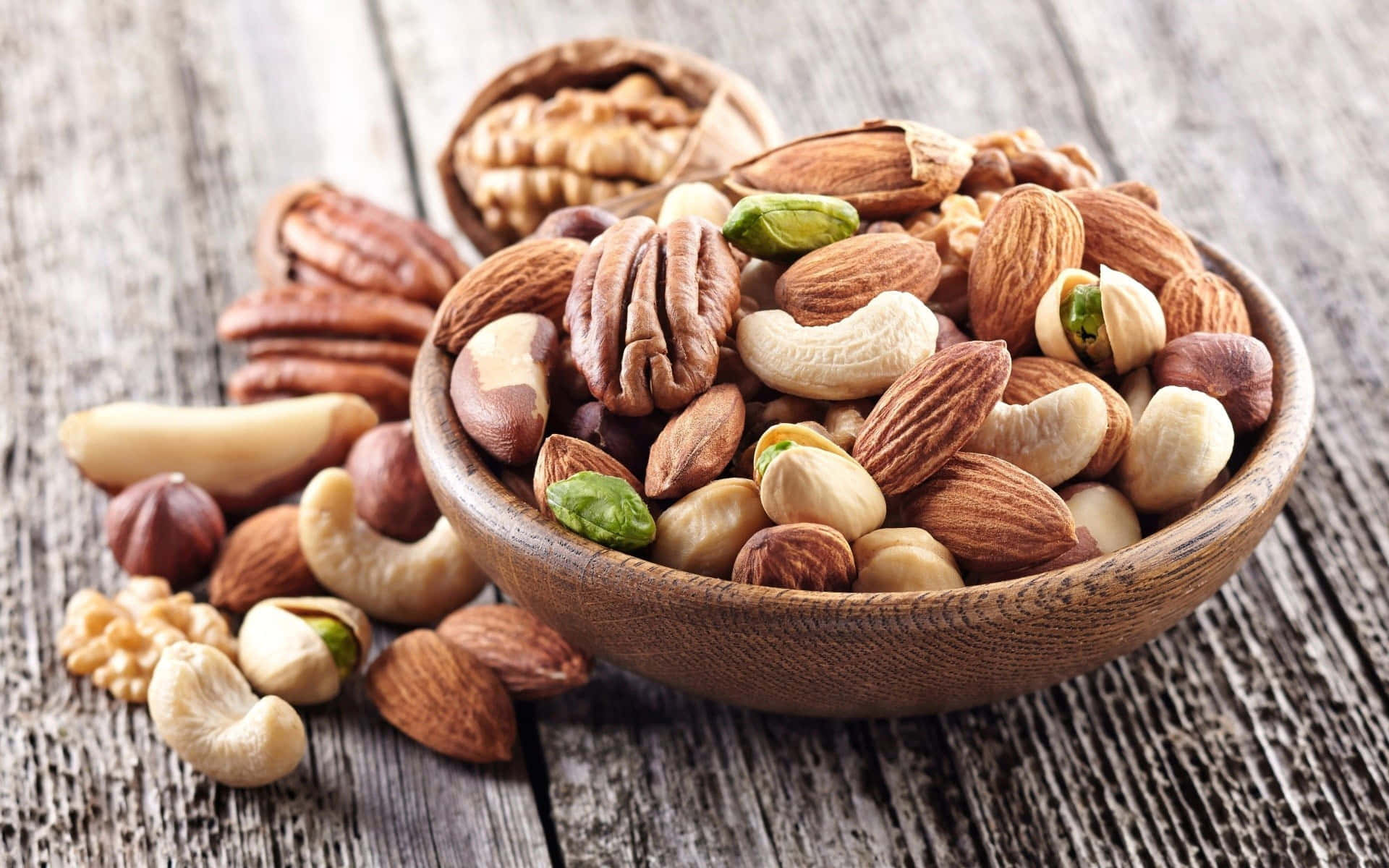How to Increase Your Vitamin E Intake with Nuts and Seeds
Introduction to Vitamin E and its Importance
Vitamin E is a crucial nutrient known for its antioxidant properties, helping to protect cells from damage caused by free radicals. It plays a significant role in immune function, skin health, and other vital processes in the body. While supplements are available, obtaining Vitamin E through natural sources like nuts and seeds ensures a balanced intake along with other essential nutrients.
Understanding Vitamin E and its Sources
Vitamin E, a group of fat-soluble compounds, includes tocopherols and tocotrienols. These antioxidants are found in various foods, with nuts and seeds being particularly rich sources. Understanding these sources helps in planning a diet that supports adequate Vitamin E intake.
What are the Different Forms of Vitamin E Found in Nuts and Seeds?
Vitamin E exists in several forms, primarily alpha-tocopherol, gamma-tocopherol, alpha-tocotrienol, and gamma-tocotrienol. Nuts like almonds and seeds such as sunflower seeds contain varying proportions of these forms, contributing to overall Vitamin E intake.
Nuts and seeds contain primarily alpha-tocopherol, the most biologically active form of Vitamin E, along with other forms like gamma-tocopherol and tocotrienols. Each form offers unique health benefits, making a diverse intake beneficial.
What Are the Best Nuts and Seeds for Vitamin E?
Identifying the most potent sources of Vitamin E among nuts and seeds helps in making informed dietary choices.
Almonds, sunflower seeds, hazelnuts, and pine nuts are among the best sources of Vitamin E. Almonds particularly stand out for their high alpha-tocopherol content, while sunflower seeds provide a good balance of tocopherols and tocotrienols.
How Much Vitamin E Do Nuts and Seeds Provide?
Understanding the approximate daily intake of Vitamin E from nuts and seeds aids in planning a balanced diet.
A handful of almonds (about 1 ounce) provides approximately 7.3 mg of Vitamin E, which is about half of the daily recommended intake for adults. Sunflower seeds offer around 7.4 mg per ounce, making them another excellent source.
Benefits of Increasing Vitamin E Intake
Increasing your intake of Vitamin E through nuts and seeds can lead to various health benefits, impacting overall well-being.
What Are the Health Benefits of Vitamin E?
Exploring the wide-ranging benefits of Vitamin E highlights its importance in maintaining health and preventing diseases.
Vitamin E is known for its antioxidant properties, which help protect cells from oxidative stress. It supports immune function, promotes skin health, and may reduce the risk of heart disease by preventing the oxidation of LDL cholesterol.
How Does Vitamin E Benefit Skin Health?
Understanding Vitamin E’s role in skin health can guide individuals seeking to improve their skin condition naturally.
Vitamin E helps maintain healthy skin by protecting it from UV damage, promoting wound healing, and reducing inflammation. Its antioxidant properties contribute to youthful skin appearance.
Can Vitamin E Help in Preventing Chronic Diseases?
Exploring the potential of Vitamin E in reducing the risk of chronic diseases provides insights into its preventive health benefits.
Vitamin E’s antioxidant properties may help reduce the risk of chronic diseases like heart disease, Alzheimer’s, and certain cancers by neutralizing free radicals that contribute to disease progression.
Incorporating Nuts and Seeds into Your Diet
Practical tips on incorporating nuts and seeds into daily meals ensure a balanced intake of Vitamin E.
What Are Some Easy Ways to Include Nuts and Seeds in Your Diet?
Providing simple and creative ways to integrate nuts and seeds into meals encourages dietary diversity.
Add a handful of almonds or walnuts to your morning oatmeal or yogurt. Sprinkle sunflower seeds or pine nuts over salads or soups for added crunch and nutrition. Use nut butters as spreads on whole-grain toast or in smoothies for a nutrient boost.
Can You Overconsume Vitamin E from Nuts and Seeds?
Understanding the potential risks associated with excessive Vitamin E intake provides balanced dietary guidance.
While it’s rare to overdose on Vitamin E from natural food sources like nuts and seeds, excessive intake from supplements can lead to adverse effects such as bleeding problems. Stick to recommended daily amounts from dietary sources unless advised otherwise by a healthcare professional.
Are There Any Nutritional Considerations When Choosing Nuts and Seeds?
Considering nutritional factors when selecting nuts and seeds ensures optimal health benefits.
Opt for raw or dry-roasted nuts and seeds without added salt or sugar to avoid unnecessary sodium and calories. Organic varieties can reduce exposure to pesticides. Moderation is key due to their calorie density.
Conclusion
Incorporating nuts and seeds into your diet is an excellent way to increase your Vitamin E intake naturally. These nutrient-dense foods not only provide Vitamin E but also offer essential fatty acids, protein, fiber, and other vitamins and minerals crucial for overall health. By making mindful food choices and enjoying a variety of nuts and seeds, you can support your well-being effectively.
- Sculptra Surrey – Collagen Stimulation Therapy Near Compton, Surrey - May 31, 2025
- Kratom Capsules For Mood Enhancement: How They Work - May 31, 2025
- Jaw Fillers For A Defined Jawline Near Kempton Park, Surrey - May 30, 2025

